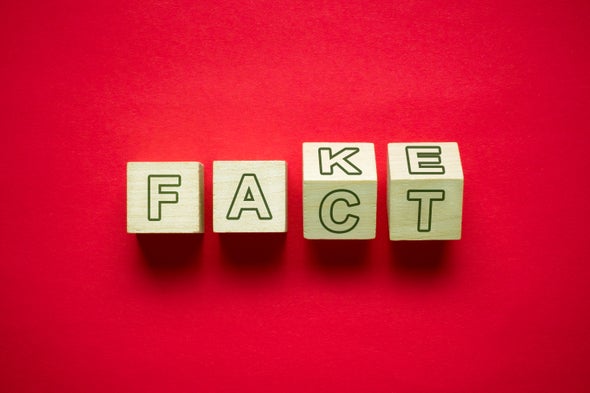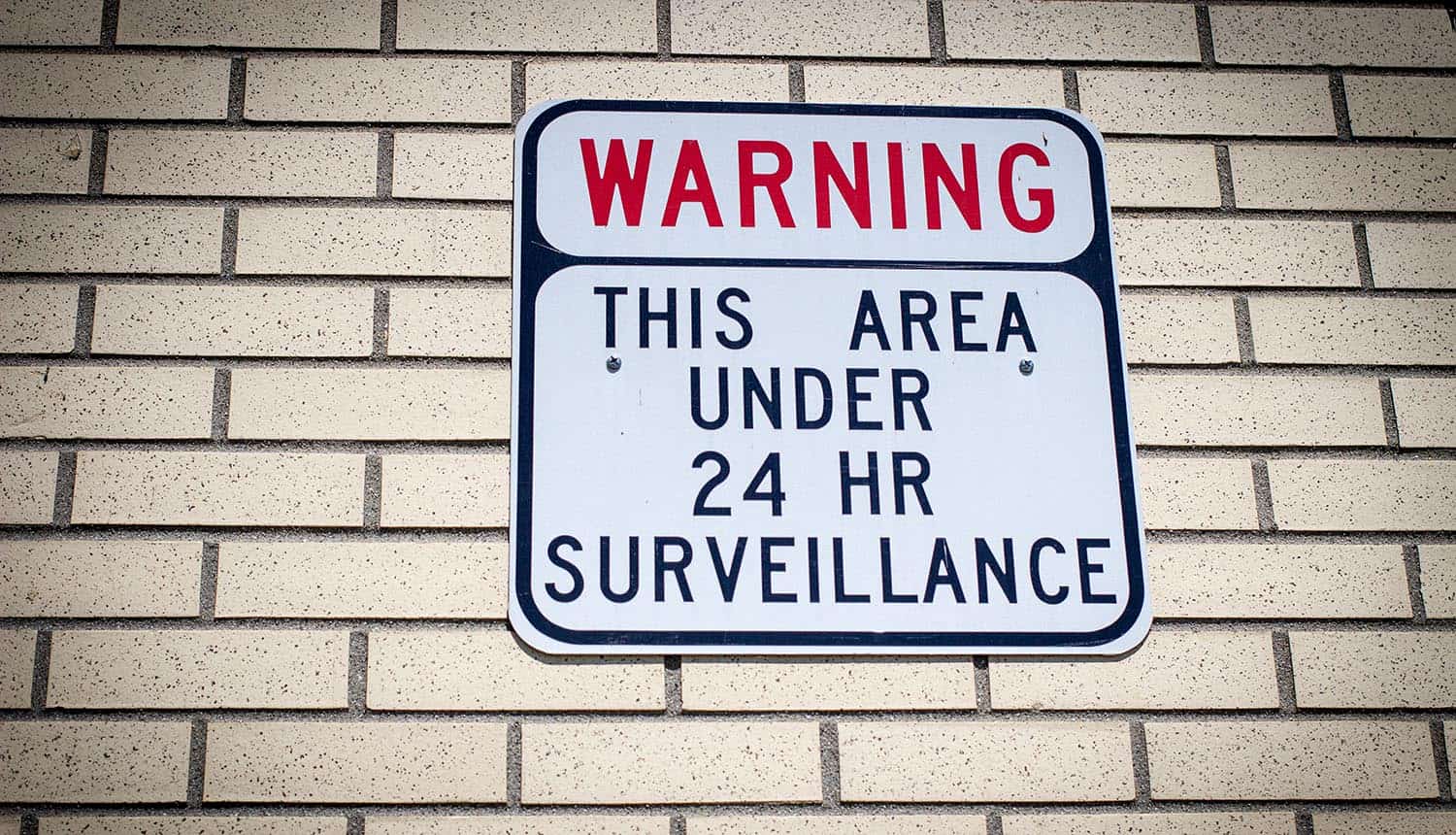
Donald Trump has been outspoken about his distrust for the media since he began his first presidential campaign. Now, he has filed lawsuits against several media outlets for libel, claiming that their opinion pieces’ criticisms are baseless and libelous.
California lawyer Theodore J. Boutrous points out that these lawsuits are dangerous to first amendment rights stating that it “flies in the face of basic First Amendment doctrine”. He also points out that these opinion pieces are just that: opinions, meaning that whether someone’s opinion is 100 percent based in fact or not, they are still entitled to have that opinion. He adds that libel is only applicable if false statements are made deliberately with the intent of damaging a person’s reputation.
Trump’s newest lawsuit is against a local NBC affiliate in Wisconsin, which aired an ad that used a clip of his saying “this is a hoax” along with several clips of him discussing the Covid-19 pandemic. The video is actually from a press conference where Trump was discussing his impeachment trial.
Civil liberties lawyer, Ken White, says that "If this is the bar for what is a defamatory campaign ad then the vast majority of campaign ads are defamatory.” Most experts agree that this lawsuit is just a performance for Trump to try to make a point about how the media cannot be trusted. The problem with this is that it also seems like an attempt to financially drain smaller stations that he does not like.
Source:


/cdn.vox-cdn.com/uploads/chorus_image/image/66601111/M1026_HMMWV_repaired_MW2.0.png)